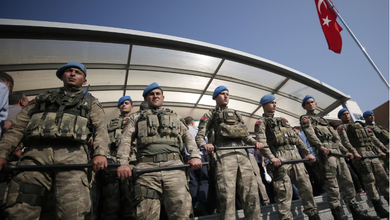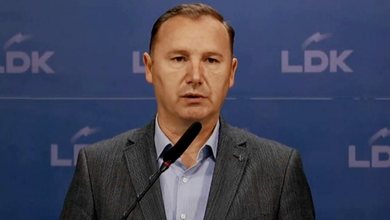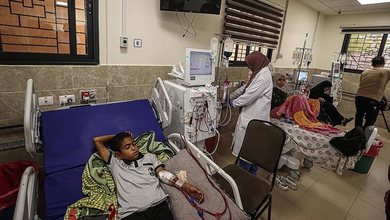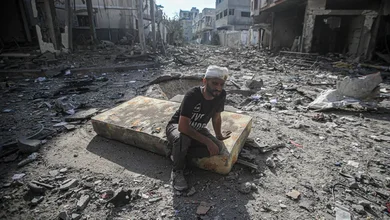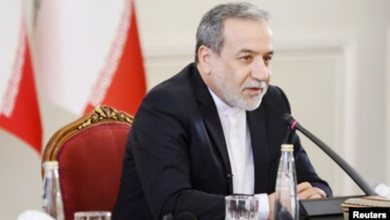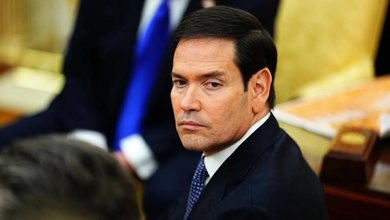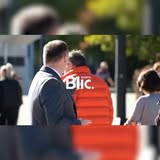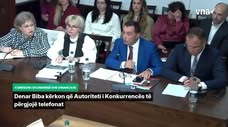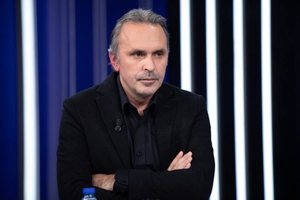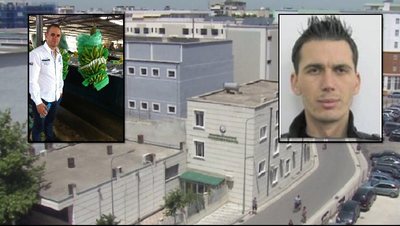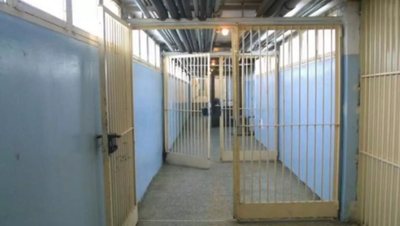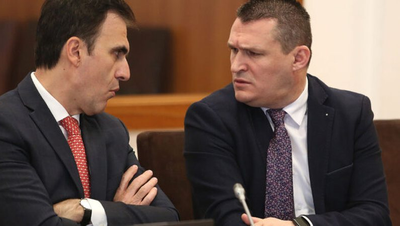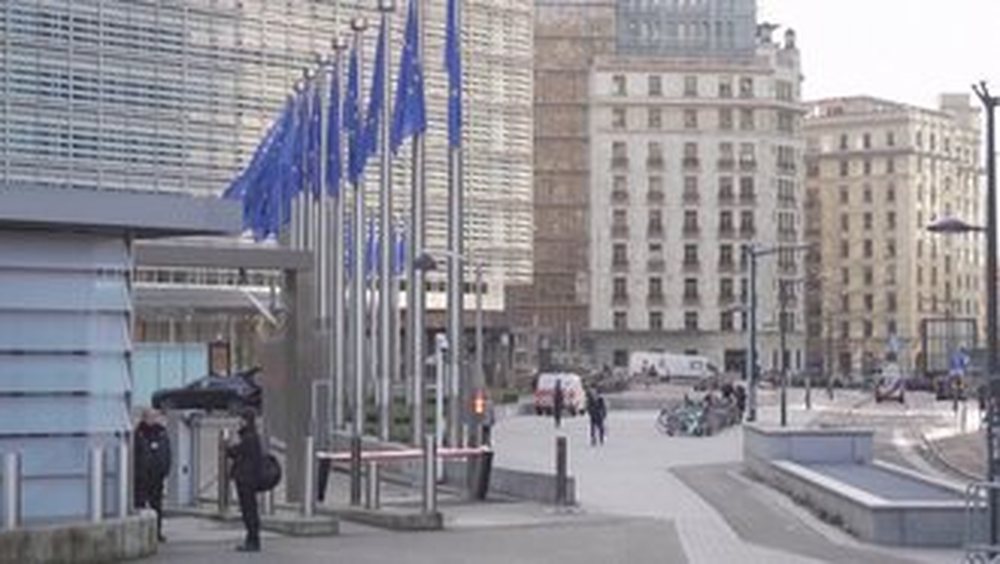
The European Union is “not ready” to take the unprecedented step of seizing 140 billion euros in frozen Russian assets to send a massive loan to Ukraine, Belgium’s European commissioner has said, according to sources exclusive to Politico. Speaking to POLITICO, Hadja Lahbib, a former Belgian foreign minister, warned that much work still needs to be done to ensure that legal risks are minimized and fairly shared between Belgium, the 26 other EU countries and even the G7 before the plan can move forward.
She suggested that other EU countries where the assets are held are not doing enough to free up funds for Ukraine, noting that Belgium - which holds most of the funds in the Euroclear financial depository - had already contributed the accrued interest to help Kiev's war efforts against Russia.
Lahbib's comments followed the collapse of a plan to seize Russian sovereign assets that have been frozen in the EU since Vladimir Putin's full-scale invasion of Ukraine began. Under the proposal, the money would have been sent to Kiev as a "reparations loan," which would have had to be repaid only if Russia paid for future war damages.
Belgian Prime Minister Bart De Wever blocked the plan at a summit of European Council leaders in Brussels on Thursday evening because he feared his country would face legal and financial retaliation from Putin.
"We are not ready," said Lahbib, who holds the portfolio of humanitarian aid and crisis management, when asked why the proposal was delayed. "It is unprecedented. It is the first time we are doing this, so we are in territory that we need to explore very carefully to deal with all the possible consequences."
The assets, she said, belong to the Russian central bank and are protected under international law, which must be respected. "Belgium, but also other member states are aware that we need to move forward with caution," she said.
Lahbib said he would not "name and shame" other EU countries where Russian assets are deposited, but questioned whether they were playing their full role in using the interest from these assets to help Ukraine in the way Belgium has done. Deposits are also held in France, Luxembourg and Germany, among other countries, writes A2 CNN.
The European Commission, the bloc's executive arm, will now draw up detailed proposals on how to help Ukraine cover its funding gap. If the 140 billion euros in Russian assets are eventually sent to Kiev, they will meet Kiev's needs for at least the next two years.
EU leaders have pledged to review again what options the Commission proposes - including the use of assets - when they meet as soon as December. Asked whether the plan will be ready to be adopted by then, Lahbib sounded cautious. “If we have good lawyers, a good system, the support of the G7, the 27 member states and all those who are ready to take responsibility with Belgium, it can go quickly,” she said. “Ask the others. Are they ready?”


